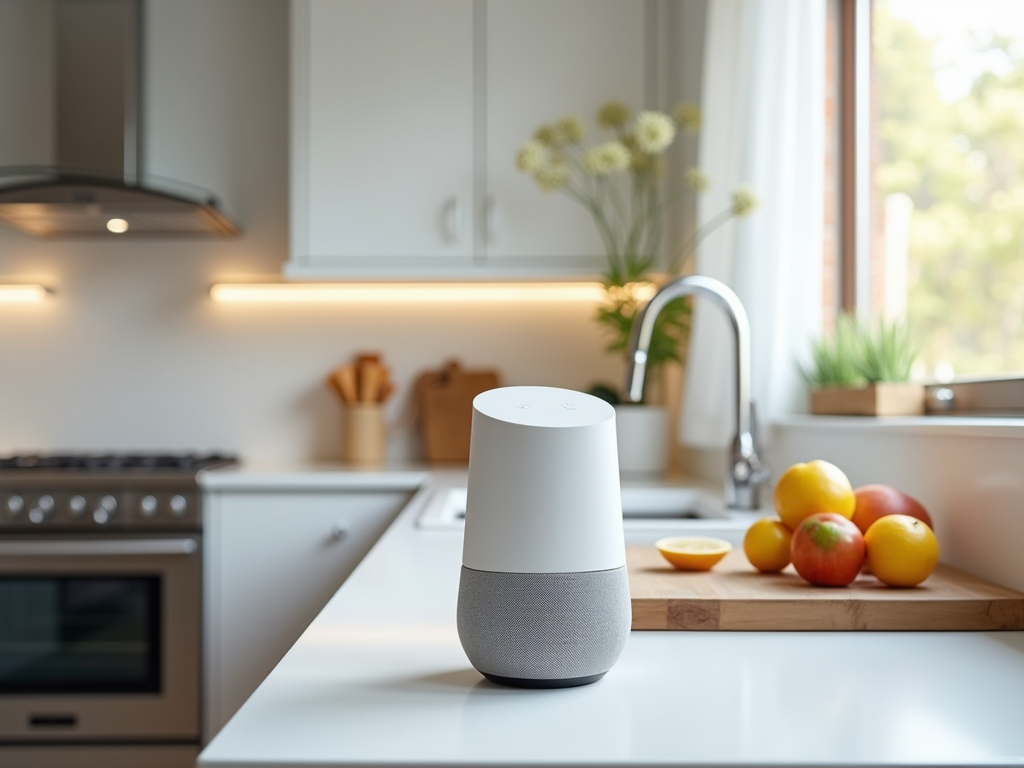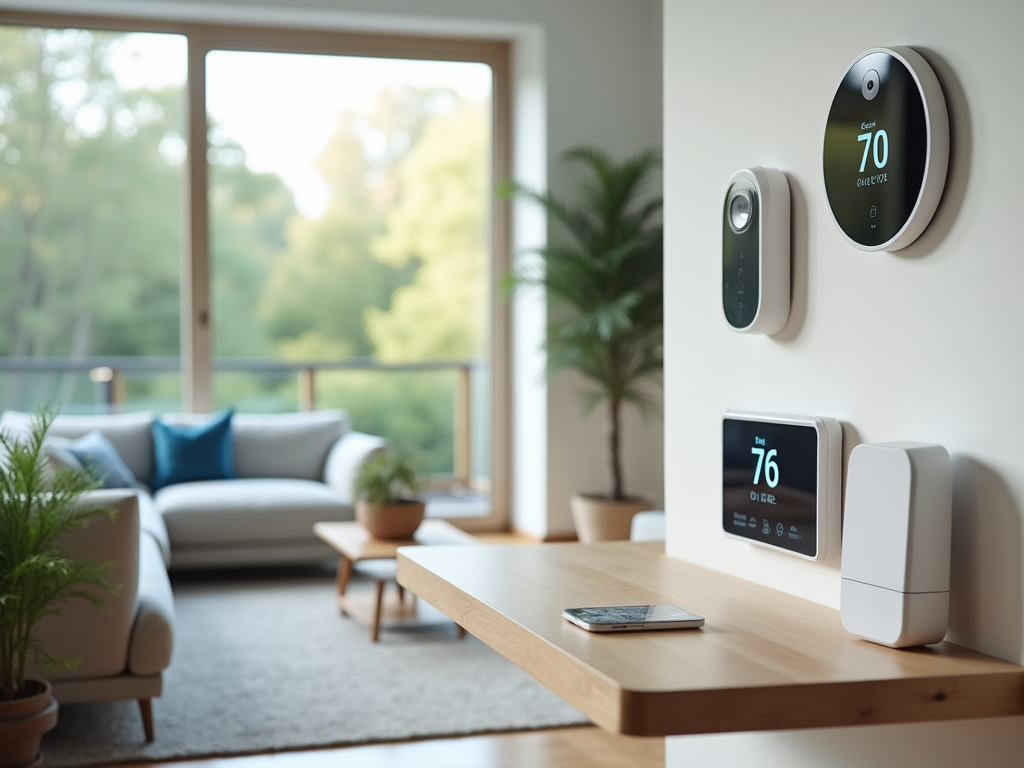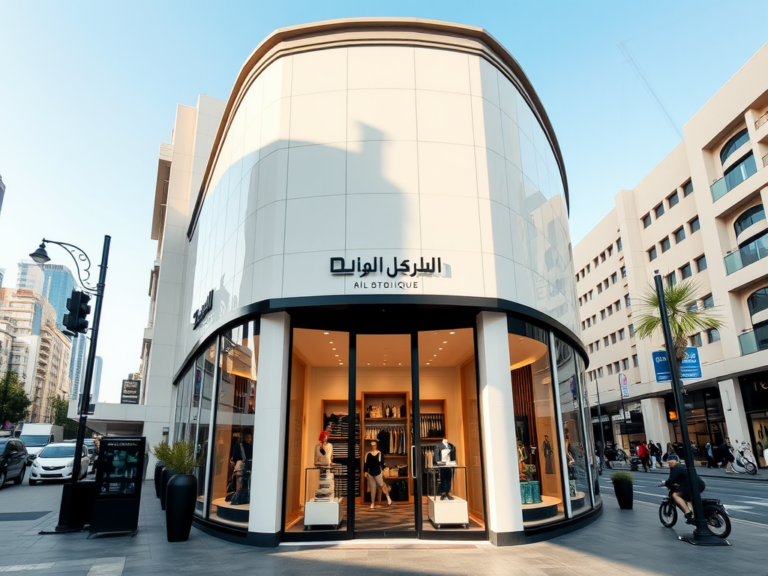Dubai’s smart home technology market is rapidly evolving, presenting remarkable opportunities for growth and innovation. With an increasing demand for connected devices that enhance convenience, security, and energy efficiency, various stakeholders are pivoting to capture their share of this burgeoning landscape. This article delves into the current trends, the drivers behind this transformation, the key players, challenges faced, and future prospects in Dubai’s smart home technology sector.
Current Trends Shaping the Market

The smart home technology market in Dubai is characterized by several noteworthy trends that are shaping consumer preferences and industry approaches. These trends include the integration of Artificial Intelligence (AI), the rise of Internet of Things (IoT) devices, and a growing focus on sustainability. Innovations in technology are leading the charge, with smart appliances and home automation systems growing in popularity among tech-savvy consumers. Notably, the push for energy efficiency has spurred the demand for smart thermostats and energy management systems. Meanwhile, demand for enhanced security features has made smart locks and surveillance cameras staples in modern homes. Overall, these trends indicate a transformative shift in how residential spaces are designed and function.
Drivers Behind Market Growth

Several factors are propelling the growth of Dubai’s smart home technology market. Among these, urbanization plays a substantial role as more residents move to urban centers seeking technologically advanced lifestyles. Government initiatives like Dubai’s Smart City strategy also facilitate this transition, promoting technological innovation across the city. Additionally, the surge in disposable incomes enables consumers to invest in high-tech solutions for their homes. The COVID-19 pandemic further accelerated the shift towards automation and remote solutions as people sought contactless and convenient living adjustments. Lastly, growing awareness about the benefits of smart home systems in reducing energy consumption and increasing safety is driving adoption.
As Dubai’s smart home technology market continues to expand, a range of players has emerged, each contributing to the diversity and complexity of the ecosystem. Significant companies in this space include:
- Philips Lighting – Renowned for its innovative smart lighting solutions.
- Amazon – Through devices like Echo, it offers integrated home automation features.
- Google – With products such as Nest, it enhances home automation and energy management.
- Honeywell – Specializes in home security systems and smart thermostats.
- Samsung – Offers a wide array of smart appliances and home integration technologies.
These players not only supply products but also contribute to setting standards in technology and interoperability, ultimately influencing consumer choices and market trends.
Challenges Facing the Industry
Despite its promising growth, the smart home technology market in Dubai is not without challenges. One of the foremost issues is the lack of consumer awareness and education regarding the benefits and functionalities of smart home devices. Many potential customers remain hesitant to invest in these technologies due to perceived complexity and concerns about their reliability. Additionally, fragmented standards and compatibility issues among devices from different manufacturers can deter consumers from embracing smart home solutions. Cybersecurity is another critical concern, as the increase in connected devices opens avenues for potential security breaches. Finally, the high initial cost of smart home systems can be a barrier for widespread adoption, especially among budget-conscious consumers.
Future Prospects of the Smart Home Market in Dubai
The future of Dubai’s smart home technology market appears promising, driven by continual advancements in technology and increasing demand for integration and automation. With ongoing urbanization and a commitment from the government towards becoming a global technology hub, the market is positioned for sustained growth. Innovations like 5G technology will enhance connectivity and enable more sophisticated smart home applications. As consumer education improves, it is anticipated that adoption rates will accelerate, leading to more homes equipped with smart technologies. Furthermore, partnerships between local startups and tech giants will likely spur the introduction of localized solutions tailored to the unique needs of Dubai’s diverse population. Overall, the potential for innovation and economic growth in this sector is considerable.
Conclusion
In conclusion, Dubai’s smart home technology market presents a vibrant landscape of opportunities fueled by technological innovation, consumer demand, and supportive government policies. While challenges remain, the direction of the market is clear—toward an increasingly connected and efficient living experience. Stakeholders who can navigate the complexities of this market stand to benefit significantly from the wave of change that is already underway.
FAQ
1. What is smart home technology?
Smart home technology refers to devices and systems that automate tasks in a home, allowing users to control various functions remotely and enhance their living environment.
2. What are the benefits of smart home technology?
Benefits include convenience, improved security, energy efficiency, remote monitoring, and enhanced comfort through automation.
3. How is the government supporting smart home technology in Dubai?
The Dubai government is promoting smart home technologies through initiatives like the Smart City strategy, which emphasizes modernization and the adoption of innovative solutions.
4. What are the challenges to adopting smart home technology?
Challenges include lack of consumer awareness, high costs, compatibility issues, and cybersecurity concerns.
5. What is the future outlook for the smart home market in Dubai?
The smart home market in Dubai is expected to grow significantly due to advances in technology, increased consumer education, and ongoing urbanization efforts.









